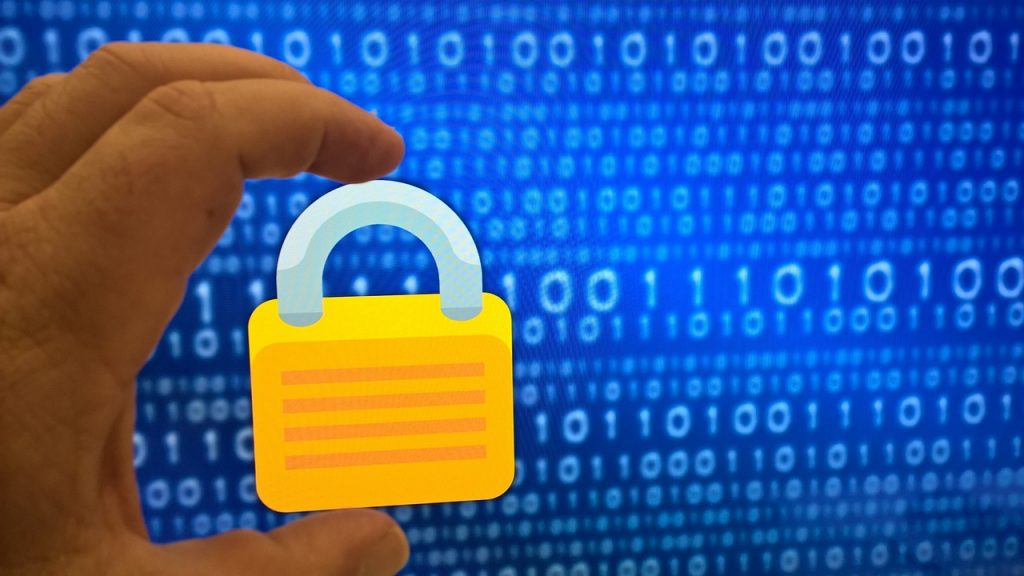Today’s ever-evolving business environment demands that business protection be paramount on so many different fronts: from data breaches and operational inefficiency to identity theft and financial losses.
Nowadays, finding and implementing successful strategies is the difference between growth and vulnerability for any organization. In this article, we explore five business security strategies for diverse industries. From investing in high-quality ERP software to conducting compliance audits and adhering to legal compliance, these tips will ensure your business has no weak spots.
ERP Software to Simplify and Safeguard Fashion Business Operations
Fashion businesses face unique challenges in managing supply chains, customer demands, and seasonal trends. One effective solution for protecting and optimizing fashion operations is investing in enterprise resource planning (ERP) software. Advanced fashion ERP software integrates various business functions like inventory control, production scheduling, sales forecasts, and human resource functions into one platform for real-time control over operations.
By connecting all parts of your fashion business, ERP software minimizes risks related to poor communication, stock mistakes, or production delays. It also helps you make data-based decisions, thus preventing issues before they grow. Moreover, ERP software boosts data safety, crucial for protecting sensitive info like supplier deals and customer payment data. With an ERP system, fashion companies can streamline processes, cut inefficiencies, and lower risks, all while boosting total productivity and profitability.
Identity Protection for Financial Services Businesses
Identity protection should be a primary concern in financial services firms handling vast amounts of sensitive customer data daily. Cybercriminals have found numerous means by which to steal personal and financial data, making businesses in this field prime targets of cyberattacks. Effective identity security measures for financial services businesses involve more than simply encrypting sensitive data.
Implementing multi-factor authentication (MFA) for both employees and customers can provide vital protection from unauthorized access, alongside advanced encryption methods, monitoring login activity for unusual activity, and conducting regular audits on security protocols. By including everyone as part of this effort, you’re increasing overall security against threats.
Identity security breaches can have serious repercussions for financial services firms, leading to significant financial losses, irreparable reputational harm, and legal liabilities. By investing in robust identity security tools and providing staff training on best security practices, financial service firms can significantly lessen their exposure to identity-related cyberattacks.
Data Storage Solutions for Your Technology Business
In the tech field, keeping your business data safe is vital, as losing it can stall operations and lead to big financial problems. Whether it’s due to system glitches, human mistakes, or hackers, losing data can harm any tech business. A strong plan for data backup is key to making sure your tech business can bounce back swiftly after any hiccup.
A full data backup approach should involve both local and online backups, ensuring that all key business data is stored safely and can be retrieved if needed. Regularly scheduled automatic backups help lower the risk of data loss by making sure the latest versions of your files and programs are always safe. Moreover, encrypting your backup data is crucial to protecting against possible breaches while being sent or stored.
Besides just having a backup, your tech business should routinely check its ability to recover data. Running mock trials or “emergency tests” to retrieve lost data will make sure your team is ready to deal with a real data loss situation. Having a strong data backup and recovery plan can cut downtime, lessen financial damage, and shield your business’s good name.
Cybersecurity Solutions for Your eCommerce Business
There are 2.64 billion online shoppers as of 2024. As online shopping grows more popular, the risk from cyber attackers rises too. Hackers try to find gaps in systems to get customer info or even crash entire sites. To protect against this, eCommerce stores should invest in top-notch cybersecurity as soon as possible.
To protect your online business, you need several layers of defense. Start with SSL certificates and encode transactions to keep data safe during the checkout steps. Then, set up firewalls and systems to spot and stop any threats as they happen. Keep antivirus and malware tools up-to-date to fend off new attacks.
Teaching your workers about phishing and other tricks is crucial to blocking hackers while your eCommerce grows. Train them to spot suspicious emails or links to decrease manual errors, cutting security risks. Ask customers to create strong passwords and use more than one type of login check for better safety. With good cybersecurity, your online store can stay safe and profitable, keeping hackers away.
Legal Compliance in Healthcare Businesses
For healthcare businesses, keeping patient data safe and meeting legal rules is key to avoiding big fines and lawsuits. In the healthcare world, regulations like the Health Insurance Portability and Accountability Act (HIPAA) guide businesses on how to handle and protect patient information. Not following these rules can cause serious legal trouble and harm to patients if data is leaked.
To protect your healthcare business, start by doing a full check-up of your current security steps to find any weak spots. Make sure all electronic health records (EHRs) are safely stored, using encryption to keep patient data safe both when it’s stored and when it’s sent. Access to private information should be limited to approved staff, and there should be strong login measures to block unwanted access.
Regular staff training on privacy rules and compliance laws is key to stopping accidental leaks. Set up a clear data protection plan that shows how to handle and store patient data, and update it often to keep up with changing rules. Keeping patient data safe not only keeps your business out of legal trouble but also builds trust with patients, boosting your business’s name in the healthcare field.
Bottom Line
Securing your business requires taking a multifaceted approach that addresses both physical and digital risks. From investing in ERP software that streamlines and secures operations to prioritizing identity protection, data backup, cybersecurity measures, and legal compliance, each step plays a pivotal role in keeping it safe. With these business security strategies, you can reduce risks, ensure regulatory compliance as well as gain client and stakeholder trust while increasing the long-term success of your company in this complex and interdependent global community.








